Chemical
Quick read

- Chemical
- Food & agriculture
- How does that work?
- Issue 97
Non-alcoholic beer and wine
Sales of non-alcoholic and low-alcohol drinks have soared in recent years, more than doubling since before the pandemic. So how do manufacturers make them alcohol free while still tasting the same?
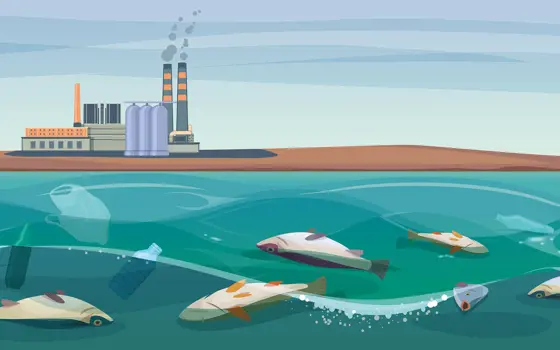
- Chemical
- Environment & sustainability
- Issue 97
How to remediate forever chemicals
Move over, microplastics, there’s a troubling new pollutant in town, used to manufacture iPhone chips, firefighting foams and many more everyday items. So how do we get rid of forever chemicals for good?
Quick read
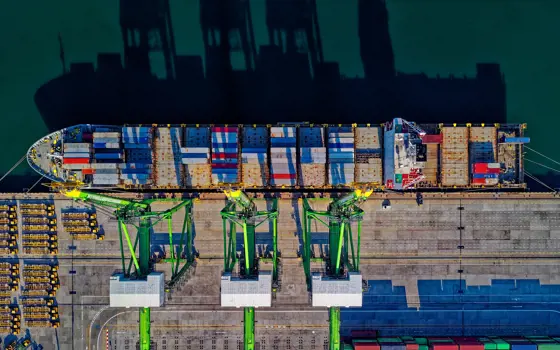
- Energy
- Chemical
How green methanol can help us decarbonise
Green methanol is an alternative fuel getting a lot of attention. What's the latest, and could it help clean up the notoriously hard-to-decarbonise shipping sector?
Quick read
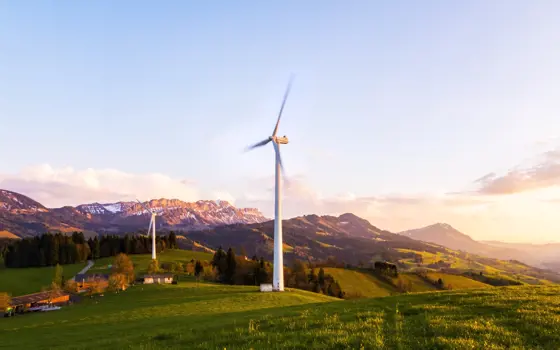
- Energy
- Environment & sustainability
- Chemical
- How does that work?
- Issue 96
How do electrolysers work?
Electrolysers are a critical net zero technology used to produce green hydrogen.

- Design & manufacturing
- Chemical
- Environment & sustainability
- Materials
- Innovation Watch
Kicking single-use plastics to the curb
This spider-silk inspired plastic alternative produces no plastic alternatives – unlike existing "compostable" plastics.
Quick read
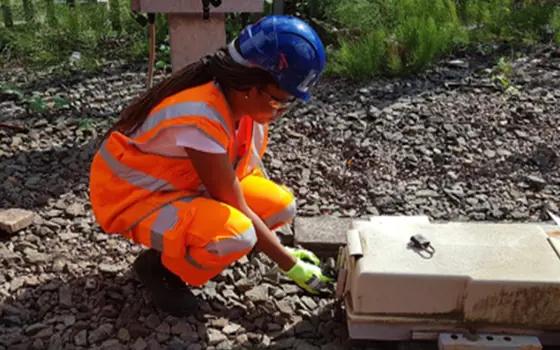
- Transport
- Energy
- Chemical
- How I got here
Q&A: Titi Oliyide
From the Elizabeth line to green hydrogen, safety engineer Titi Oliyide wants to see her engineering achievements take shape in a way that helps people.
Quick read
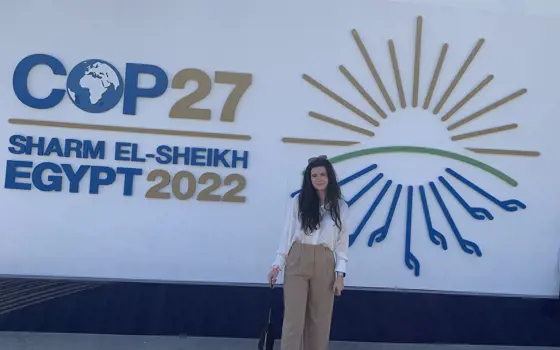
- Chemical
- Environment & sustainability
- How I got here
- Issue 94
Q&A: Isabelle Pickett
A chemical engineering degree set Isabelle Pickett on a path to advocating for girls in STEM and net zero careers – and setting up her own tutoring business along the way.
Quick read

- Chemical
- Energy
- Environment & sustainability
Why safety engineering is key for green hydrogen and net zero
When engineering goes wrong, it makes the headlines. Thankfully, there’s a whole field dedicated to making sure it goes right: safety engineering.
Quick read
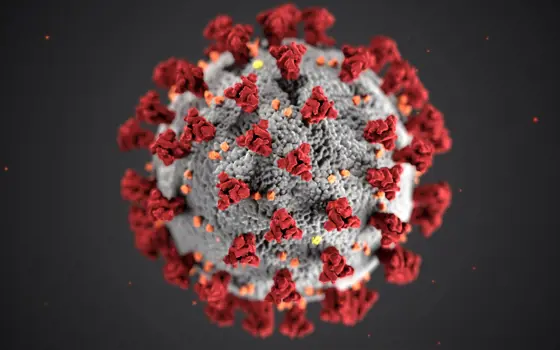
- Chemical
- Health & medical
- How does that work?
- Issue 89
Wastewater epidemiology
Sampling and testing of wastewater is helping governments across the world to track COVID-19 infections on a large scale.
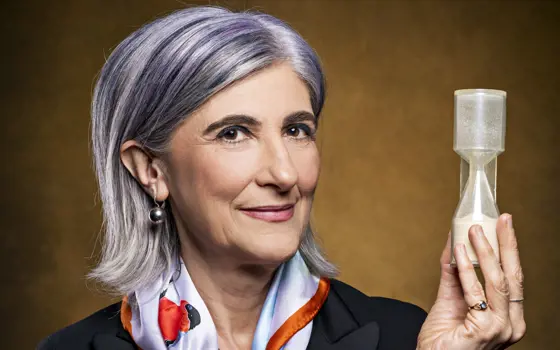
- Chemical
- Profiles
- Issue 89
The ethics of engineering net zero
Professor Raffaella Ocone OBE FREng FRSE's career journey encompasses biofuels, carbon capture, and even landslides and volcanoes. She's now pioneering teaching ethics to engineering students.
Quick read
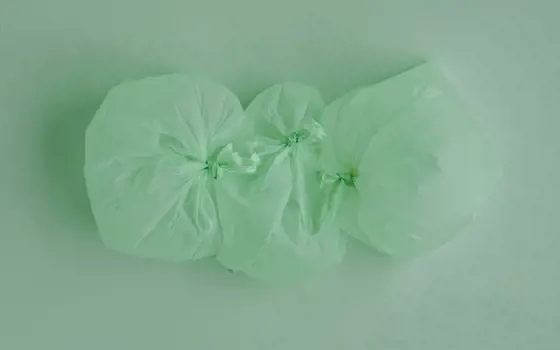
- Chemical
- Environment & sustainability
- How does that work?
- Issue 88
Compostable plastics
Compostable plastics can be turned – alongside food and other organic waste – into compost. But how environmentally friendly are they really?
Quick read
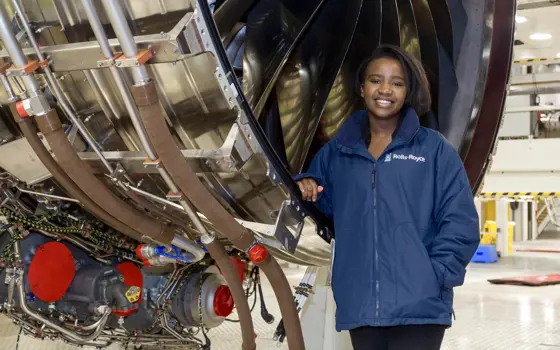
- Chemical
- How I got here
- Issue 88
Q&A: Michelle Watiki
From placements at Xerox and Rolls Royce, to becoming a board member for the Association for Black and Ethnic Minority Engineers, chemical engineering graduate Michelle Watiki hopes to apply her knowledge to sustainability and net zero, as well as helping future engineering students.
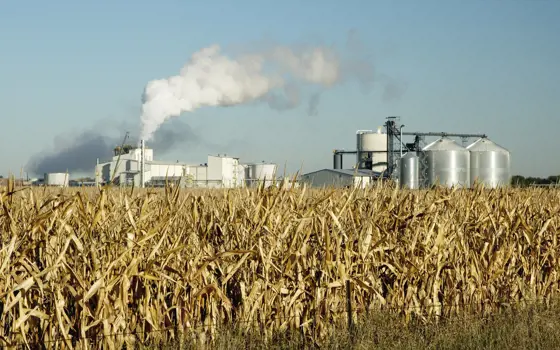
- Chemical
- Issue 78
Biofuels’ journey to the mainstream
Liquid biofuels today make up about 8% of road and non-road fuel supplies in the UK. The government plans to reach nearly 10% by 2020 in order to reduce CO₂ emissions. It has also laid out targets to incentivise innovation and the production of ‘development fuels’.
Quick read

- Chemical
- How I got here
- Issue 75
Q&A: Olivia Sweeney
Olivia Sweeney sources aroma chemicals to create fragrances at cosmetics company Lush. She is working on finding new, more sustainable sources of fragrance ingredients, with an interest in the research and development of chemical production from waste streams.